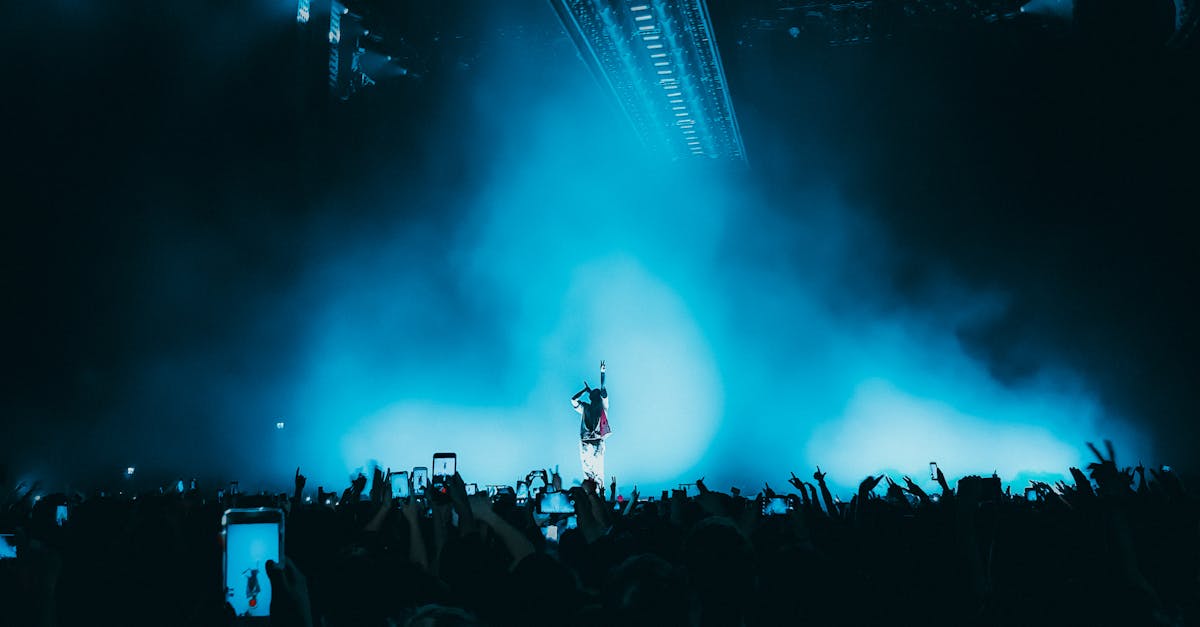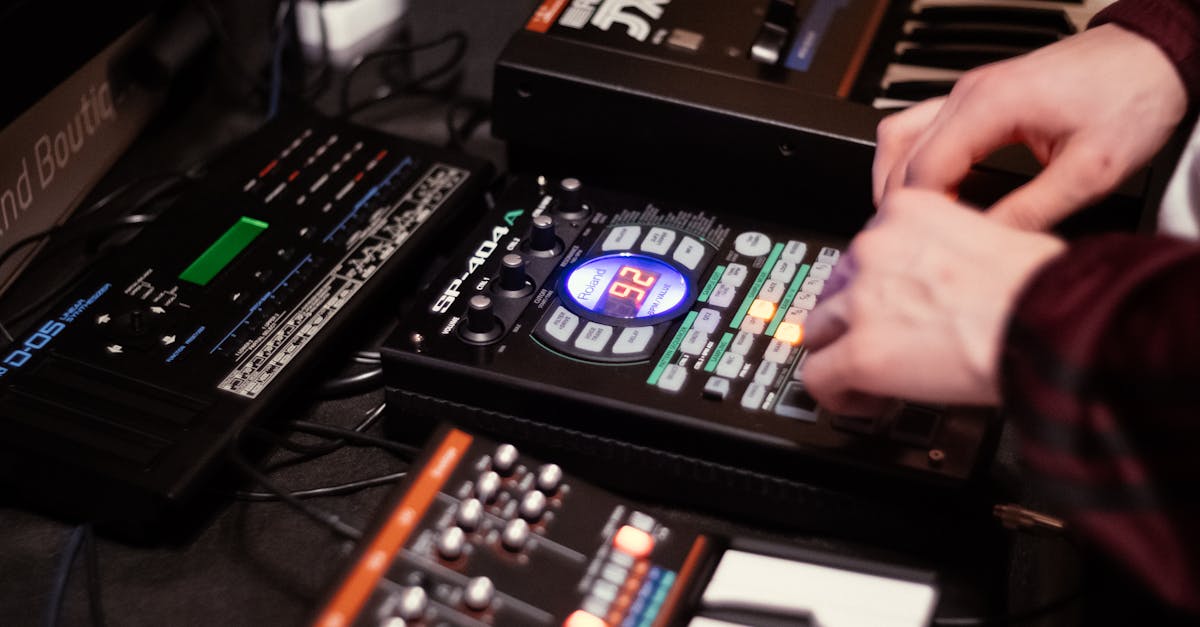Late Night Hosts Return After Strike
Introduction
After a significant hiatus due to an extensive strike by writers and crew, late night talk shows are returning to television screens. As iconic hosts such as Jimmy Fallon, Stephen Colbert, and Jimmy Kimmel prepare for their comeback, there's much anticipation and excitement amongst fans and critics alike. With audiences craving humor and satire amidst global events, these shows have long been a staple for nightly entertainment. Their return marks the end of a challenging period for the entertainment industry, providing a renewed source of laughter and cultural commentary. Yet, the strike isn't just a footnote but a defining chapter that may alter how these shows evolve. As they resume, there are changes, both evident and subtle, that viewers and critics are keenly watching.
Advertisement
Background of the Strike
The strike arrived after months of failed negotiations between networks and the Writers Guild of America (WGA), affecting a vast range of productions. The primary contention stemmed from demands for better pay, residuals, and job security amid changes in the media landscape. The writers, a crucial backbone of the industry, sought updates to agreements that hadn't kept pace with modern streaming and viewership patterns. As negotiations stalled, the streets filled with picket lines, showcasing solidarity among industry professionals. The impact of the strike was widely felt, with networks revising their schedules and offering re-runs to fill the late evening slots. It highlighted the fragility and interdependence within the entertainment supply chain.
Advertisement
A Closer Look at Late Night TV
Late night television occupies a unique position in American culture, blending comedy, current events, and celebrity interviews into a distinct entertainment format. For decades, these shows provided a nightly mix of humor and insight, acting as both relaxation and information for viewers. Iconic hosts like Johnny Carson laid the groundwork for modern late night, influencing the blend of monologues, sketches, and guest interviews that define the format today. Viewers often turn to late night hosts for perspectives on significant news events, enjoying comedic takes on serious issues. This blend of humor and news provides a cathartic experience, easing the day's tensions for many.
Advertisement
Impact on Audiences
The return of late night shows post-strike has been met with enthusiasm, particularly among the shows' fairly dedicated fan bases. Audiences missed the insightful yet humorous takes on current global issues, which often helped contextualize and lighten difficult topics. Social media buzzed with anticipation as fans eagerly awaited new episodes, memes, and sketches. Not only do these shows offer a much-needed comedic break from reality, but they also serve as cultural touchstones, highlighting emerging trends and political happenings. The temporary cessation due to the strike emphasized how tied audiences have become to these nightly rituals, reinforcing their significance.
Advertisement
Impacts on the Industry
Beyond the immediate effects on programming, the strike and subsequent return of late night shows underscore shifts within the industry. Adaptations in format, segment, or content are likely as producers and hosts respond to the lessons learned from the strike. There's an increased awareness of the importance of equitable and sustainable practices within the industry. For the writers and entire production staff, the results of negotiations have set precedents that will inform future contracts and working conditions. The strike highlighted the often-invisible labor behind television's glowing screens, prompting discussions on its value and significance.
Advertisement
Returning with a Bang
Late night hosts have had to juggle expectations and excitement upon their much-awaited return. With anticipation sky-high, many have crafted special segments or recruited high-profile guests to mark the occasion. From reflective acknowledgments about the strikes' impact to skits that lean into the absurd hilarity of enforced breaks, hosts pull out all the stops. There's a delicate balance between acknowledging the gravity of events and ensuring audiences get the laughs they've missed. Regardless of the approach, the return has injected vibrancy back into the late night landscape, creating space for routine and novelty.
Advertisement
Innovations in Late Night
Post-strike, there are noticeable innovations and changes within these shows, reflecting broader industry trends. Some networks have embraced digital audiences, live streaming segments to reach an even broader audience. A more diversified guest line-up is emerging, not just stars but influencers, comedians, and relevant public figures. The dialogues extend beyond traditional scripts; there's been an emphasis on sincerity, transparency, and occasionally, improvisation. Additionally, there's a growing acknowledgment of issues previously sidestepped, from social justice to industry inequality, handled with precise satirical skill.
Advertisement
Challenges Moving Forward
While the return is celebrated, there are inherent challenges as late night shows navigate the post-strike landscape. Competition with streaming services is fierce, with viewers' consumption patterns markedly shifting. Retaining allure without the crutch of immediacy is a hurdle as shows adapt. Despite being a return to normalcy, this phase requires innovation, engaging with platforms like YouTube and TikTok to maintain relevance and appeal to younger demographics. Ensuring diversity and representation, not just on-screen but behind the scenes, remains essential to staying contemporary.
Advertisement
The Power of Comedy
Beyond humor and entertainment, late night shows wield significant influence. The intersection of comedy and current events offers nuanced reflections of society and politics, often coalescing into dialogues of importance. This comedic lens encourages self-reflection and contemplation, fostering societal progress. At their best, these shows challenge norms, push boundaries, and inspire change, operating as more than mere entertainment venues. Their return is a testament to comedy's enduring power, proving that laughter, even amidst struggle, remains paramount.
Advertisement
Conclusion
The resurgence of late night hosts signals a pivotal moment in television culture, symbolizing resilience and adaptation. The strike has undoubtedly left its mark, emphasizing the integral role of behind-the-scenes magic that makes entertainment possible. As these beloved shows return, they bring with them laughter, wit, and thoughtful insights, reinforcing their timeless appeal. The blend of humor and current events captivates, with every punchline serving as more than a joke, but a bridge to understanding. Late night television, it seems, isn't just back; it's returned with a purpose, ready to face the evolving media landscape.
Advertisement


